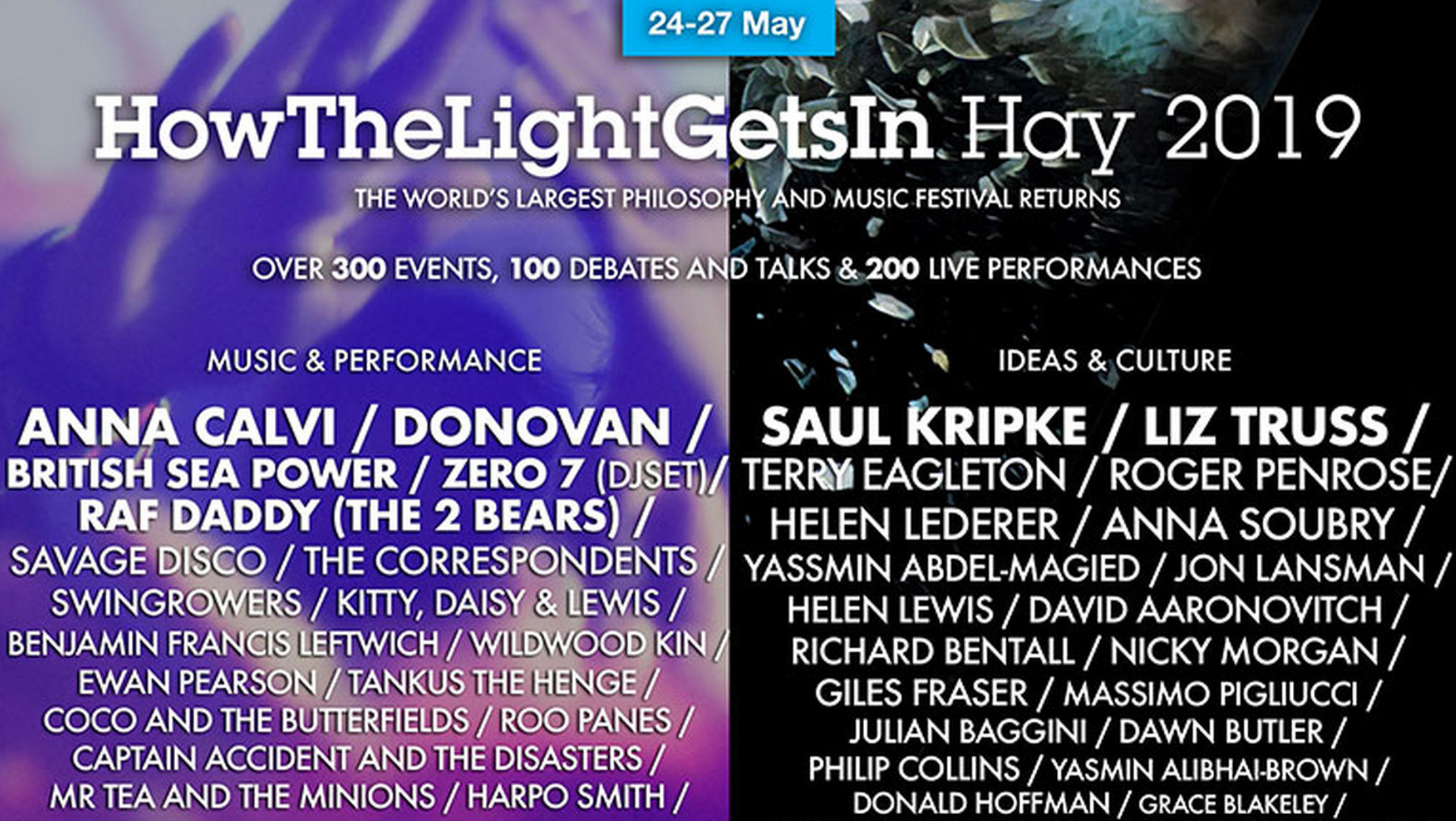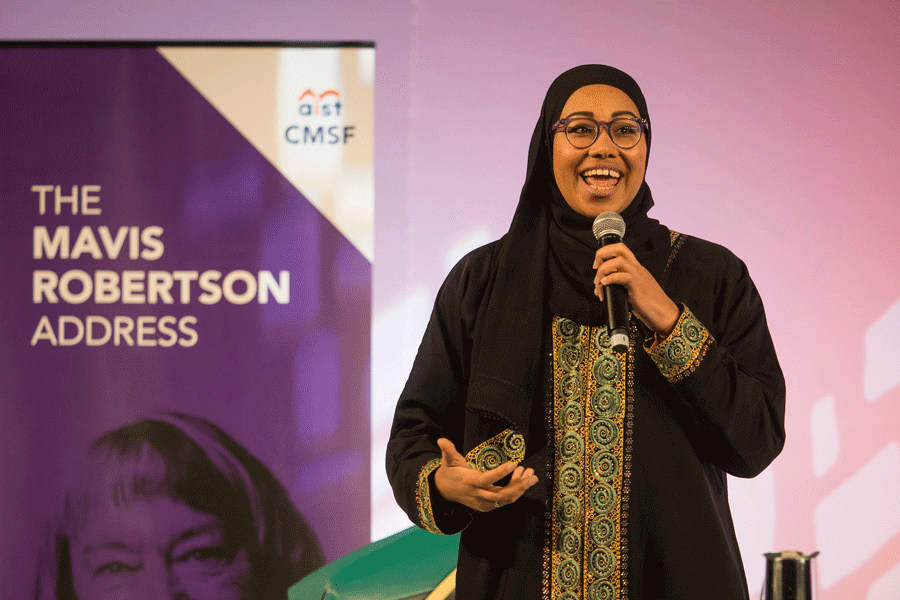Hey folks! Happy Friday!
What’s on my mind today? Well, I’m preparing for the How The Light Gets In festival which I’m appearing at on Monday inshallah - will any one you be there? It’s one of my favourite events of the year - Music and Philosophy, I mean c’mon!
Folks, I made it to the fourth line on the posters. I’m pretty much a headliner. SUBHANALLAH!
I’ve also started a super cool gig as a regular contributor on Midori House, one of my absolute favourite current affairs show. I did my first show last night, and I honestly feel like I may have made it (hehe). You can listen to the episode here. We talked Indian elections, EU elections, Japan’s new (or old?) name convention and childhood books…
I feel very blessed Alhamdulilah to be doing things - speak, broadcast, write - in spaces and with people I’ve deeply admired for years. It’s amazing, but sometimes it’s easy to get caught up in the ‘what’s next’ mode of thinking: planning the next step, focusing on the next challenge, rather than taking stock and sitting in gratitude for where one is now. I’m reminded of the quote: where you are now, is where you once dreamed of being (or something along those lines). Subhanallah, indeed. I remember when I was in third year university, I was invited to be in the audience on Australia’s current affair show, Q&A. A fellow engineering student was giving me advice on how I should act, before I realised he thought I was on the panel. ‘Oh no, I’m not on the panel,’ I told him. ‘Wow, if that ever happened, I will have truly made it.’ Two or so years later, I was invited to be do just that - sit on the panel of the live TV show. It felt like the biggest, scariest, most impressive thing in the whole-wide-world. After a few appearances, that feeling faded… but it’s nice to reflect on how much one has grown, and be grateful for every step along the way, Alhamdulilah.
So, I’d love to hear from you! How do you know when you’ve ‘made it’? What does that look like for you? Have you ‘made it’ and then moved the goal posts? Let me know!
***
PS - I thought this was cool! Muslims to lead Birmingham Pride parade for first time in event’s 22-year history:
Muslims will be launching Birmingham Pride celebrations for the first time in the event’s history as they march alongside prominent gay school teacher Andrew Moffat at the very front of this year’s parade.
While Moffat has been selected to front the Pride parade this weekend, event organisers are adamant he will be flanked by LGBT+ Muslims and their allies as an expression of solidarity following anti-LGBT education protests outside Parkfield Community and Anderton Park primary schools in Birmingham this year.












